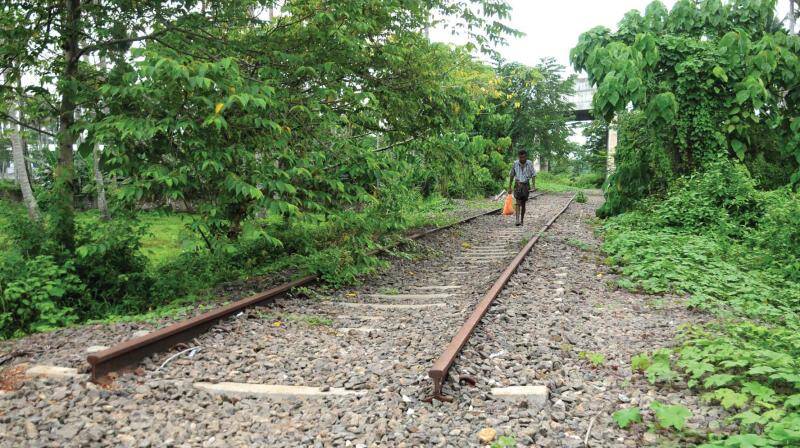

Development projects have a precise timeline for approval and implementation. If this timeline is missed, the project may even get cancelled. Delayed submission of project reports and compliance documents can jeopardize centrally-funded projects, leaving them in limbo or vulnerable to rejection. Periodically, the media highlights accounts of Kerala losing valuable projects or wasting crores of rupees by not utilizing allocated funds. In the case of the proposed Angamaly-Erumeli Sabarimala railway line, the central government has finally shown support after initial hurdles. It is essential that the state government avoids further complacency and expedites the project to capitalize on this opportunity.
The proposed Sabarimala railway line has the potential to pave the way for comprehensive development not only for the districts of Ernakulam, Idukki, Kottayam, and Pathanamthitta but also for Kollam and Thiruvananthapuram if extended to the Vizhinjam port in the future. The project is estimated to cost Rs 3,800.94 crore. The state must bear half of this amount. That is, Kerala must give Rs 1900.47 crore to the Railways in instalments. However, if this amount is not provided on time, the central government will deduct it from the state’s share allocated for various projects and transfer the funds to the Railways via the Reserve Bank. For this assurance, the central government is requiring a tripartite agreement between the state, the Railways, and the Reserve Bank. It has been a month since the Ministry of Railways handed over the draft of this agreement to Kerala. However, the file remains undecided on the Chief Minister’s desk. The state must first realize that a policy of clamouring for funds to be received while remaining silent about funds to be paid will ultimately result in losses for Kerala.
The Kerala government’s own estimate for the SilverLine high-speed rail project, which it has been persistently advocating, is Rs 77,800 crore. The central government will not contribute a single paisa towards the project. How can a state government that claims it can spend such a massive amount on a SilverLine project with minimal profitability justify its hesitation to invest Rs 1,900 crore in instalments for the Sabari railway line? This project would facilitate the development of six districts and streamline freight movement to and from Kerala’s most recent asset, the Vizhinjam port. The Sabari rail line project will bring rail connectivity to Idukki for the first time. Moreover, if the line is connected to Punalur, it could also be extended to Tamil Nadu. This would transform the Sabari rail line into a rail corridor to the Vizhinjam port. Considering all these factors, can the state really deem its share of the cost an unprofitable investment?
It is the responsibility of the state government to acquire and hand over land for railway projects. The government’s concerns often revolve around delays in connection with land acquisition, protests, social opposition, hurdles in obtaining clearance for acquiring forest land, and the challenges of evicting encroachments. However, with the rising compensation being offered for acquired land, many of the associated social issues have significantly reduced. In fact, a large section of the public now views land acquisition favourably. When it comes to large-scale development projects, the focus should be on the benefits and profits they bring upon completion, not on the hurdles along the way. Therefore, the state must sign the tripartite agreement proposed by the central government without further delay. Any procrastination will only lead to missed opportunities—time is of the essence!